Mucuna pruriens extract (L-Dopa)
Mucuna Pruriens extract is mainly used because it contains L-Dopa. L-Dopa has a clear link with Dopamine, which means that it can have multiple effects [1][2]. These effects have made it a popular supplement in the category of nootropics and mood-enhancing supplements. L-Dopa also occurs naturally in our body, and small amounts are produced in our body from the amino acid tyrosine. However, due to the small amount of L-Dopa in our body, a Mucuna Pruriens supplement is often used.
Mucuna pruriens is also known as:
L-Dopa (main ingredient of Mucuna Pruriens extract)
Levodopa (main ingredient of Mucuna Pruriens extract)
Velvet Bean

Functions of Mucuna pruriens and L-Dopa
Unfortunately, due to European legislation, we cannot describe all the effects and functions of this product. Not even if these have been confirmed by research. Nevertheless, we do our best to provide you with as much relevant information as possible.
Mucuna Pruriens extract has recently gained popularity as a product in the category of nootropics and mood enhancing supplements. It is also used by men as a hormone booster [1][2][10][11][12]. In addition, it may have other effects [6][7][8][13][14][15]. Given the many studies on the effectiveness of this product, this comes as no surprise to many [1][2][4][5]. It is important to realize that many effects are possible because Mucuna Pruriens contains relatively large amounts of L-Dopa [9].
Who can use Mucuna pruriens / L-Dopa ?
Mucuna Pruriens is mainly used by people searching for a suitable product in the category of nootropics or mood enhancing supplements. In addition, it is often used by men who are looking for a hormone booster. Due to its different functions, it is an interesting supplement for different people.
How should I use Mucuna pruriens / L-Dopa ?
The recommended use of Mucuna Pruriens depends on the percentage of L-Dopa in the product. The L-Dopa percentage of our Mucuna Pruriens is 50%. Due to this high percentage, it is recommended to use 100mg – 400mg Mucuna Pruriens per day. Users should consider to use this product a maximum of 4 days per week. After 6 weeks of continuous use, users should also consider not consuming this supplement for 2 weeks. This optimizes the effects and prevents tolerance build-up. One level scoop contains ~50mg of Mucuna Pruriens.
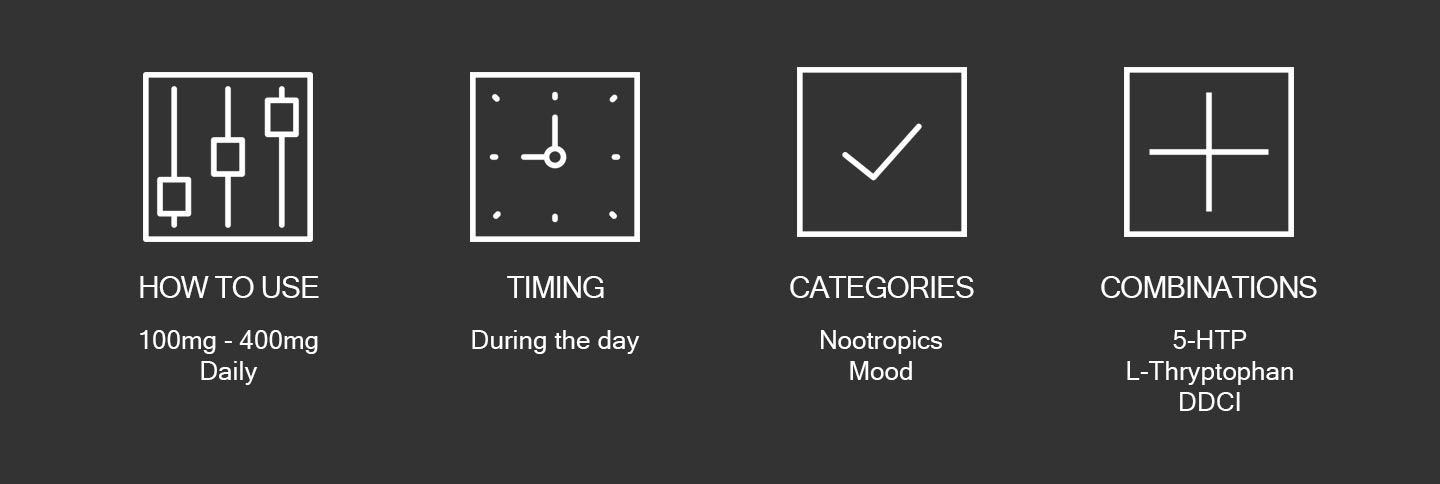
Stacking / combining
This supplement can be combined with standard supplements such as: vitamins, creatine and protein powder. With very regular use or if large quantaties are consumed, it is recommended to combine this supplement with carbidopa or another decarboxylase inhibitor (DDCI). This combination may result in higher efficiency. However, this combination is mainly necessary in case of very regular use or large dosages.
In addition, this supplement is regularly combined with 5-HTP or L-Tryptophan to optimize the effects. The optimized effects are possible because 5-HTP and L-Tryptophan are related to our dopamine level. This allows a balanced ratio of both dopamine and serotonin.
Where does Mucuna pruriens come from ?
Mucuna Pruriens extract is made from the beans of the Mucuna Pruriens plant. These plants can be found in tropical regions, and are also known as the velvet bean plant. However, it is important to realize that both organic and synthetic Mucuna Pruriens products are available. There are no differences between quality. However, the synthetic products may contain a higher percentage of L-Dopa.
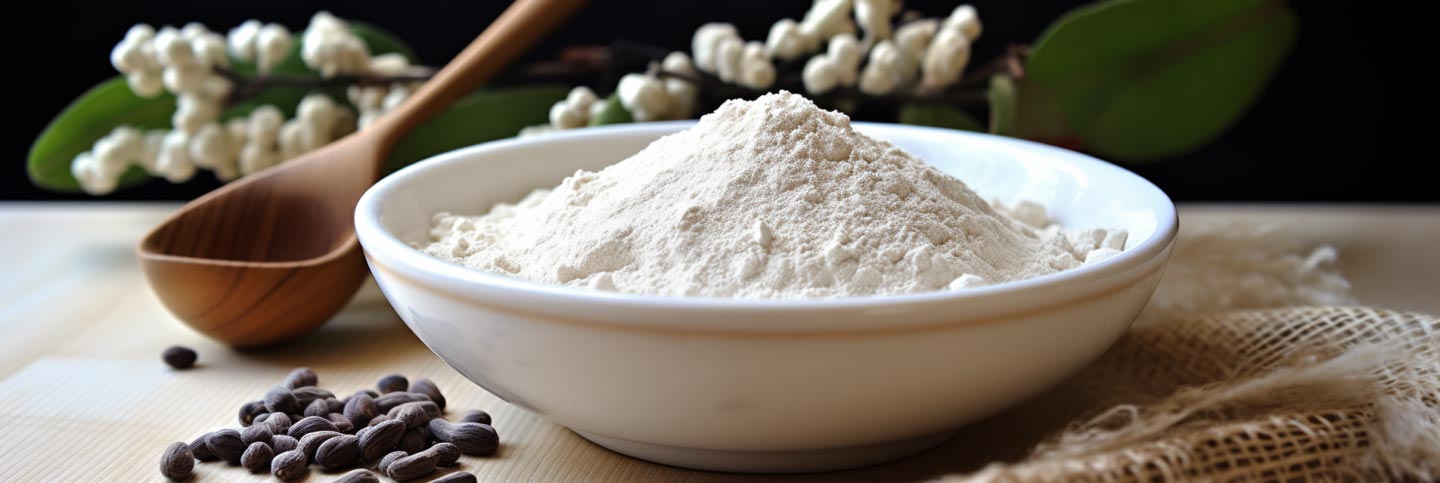
Safety & competitive use
Safety
According to reasearch, Mucuna Pruriens is safe to use when used according to the recommendations [6]. In a large safety study, no significant adverse effects were reported with use for 12-20 weeks [6]. Nevertheless, the recommended use should be followed, since side effects can occur if the recommended use is not complied with.
Correct use
A dietary supplement can contribute to a healthy and active lifestyle. However, it should not be a substitute for a healthy lifestyle and a varied diet. The recommended dosage should not be exceeded, since side effects may occur otherwise. Temporary side effects of Mucuna Pruriens can include: nausea, stomach pain, and headache. In rare cases, these side effects can also occur with normal doses. If side effects occur, consumption should be discontinued.
As with any supplement, we advise users to consult a physician before use. In particular if you use medication or have health complaints. This product should not be used in combination with other dopamine enhancers. It should also not be combined with antidepressants. In addition, this supplement should not be used by women who are pregnant or breastfeeding. Furthermore, this product should not be used by persons under 18 years of age and must be kept out of the reach of children. Keep this product in a cool and dry place to maintain the quality.
References
- Shukla, K. K., Mahdi, A. A., Ahmad, M. K., Shankhwar, S. N., Rajender, S., & Jaiswar, S. P. (2009). Mucuna pruriens improves male fertility by its action on the hypothalamus–pituitary–gonadal axis. Fertility and sterility, 92(6), 1934-1940.
- Shukla, K. K., Mahdi, A. A., Ahmad, M. K., Jaiswar, S. P., Shankwar, S. N., & Tiwari, S. C. (2010). Mucuna pruriens reduces stress and improves the quality of semen in infertile men. Evidence-Based Complementary and Alternative Medicine, 7.
- Black, K. J., Hershey, T., Koller, J. M., Videen, T. O., Mintun, M. A., Price, J. L., & Perlmutter, J. S. (2002). A possible substrate for dopamine-related changes in mood and behavior: prefrontal and limbic effects of a D3-preferring dopamine agonist. Proceedings of the National Academy of Sciences, 99(26), 17113-17118.
- Baixauli, E. (2017). Happiness: Role of Dopamine and Serotonin on Mood and Negative Emotions. Emergency Medicine Australasia, 7, 1-3.
- Liggins, J., Pihl, R. O., Benkelfat, C., & Leyton, M. (2012). The dopamine augmenter L-DOPA does not affect positive mood in healthy human volunteers. PLoS One, 7(1), e28370.
- Katzenschlager, R., Evans, A., Manson, A., Patsalos, P. N., Ratnaraj, N., Watt, H., … & Lees, A. J. (2004). Mucuna pruriens in Parkinson’s disease: a double blind clinical and pharmacological study. Journal of Neurology, Neurosurgery & Psychiatry, 75(12), 1672-1677.
- Lampariello, L. R., Cortelazzo, A., Guerranti, R., Sticozzi, C., & Valacchi, G. (2012). The magic velvet bean of Mucuna pruriens. Journal of Traditional and Complementary Medicine, 2(4), 331-339.
- Nagashayana, N., Sankarankutty, P., Nampoothiri, M. R. V., Mohan, P. K., & Mohanakumar, K. P. (2000). Association of L-DOPA with recovery following Ayurveda medication in Parkinson’s disease. Journal of the neurological sciences, 176(2), 124-127.
- Tomita-Yokotani, K., Hashimoto, H., Fujii, Y., Nakamura, T., & Yamashita, M. (2004). Distribution of L-DOPA in the root of velvet bean plant (Mucuna pruriens L.) and gravity. Uchu Seibutsu Kagaku, 18(3), 165-166.
- Gupta, A., Mahdi, A. A., Ahmad, M. K., Shukla, K. K., Bansal, N., Jaiswer, S. P., & Shankhwar, S. N. (2011). A proton NMR study of the effect of Mucuna pruriens on seminal plasma metabolites of infertile males. Journal of pharmaceutical and biomedical analysis, 55(5), 1060-1066.
- Root, A. W., & Russ, R. D. (1972). Effect of L-dihydroxyphenylalanine upon serum growth hormone concentrations in children and adolescents. The Journal of pediatrics, 81(4), 808-813.
- Boden, G., Lundy, L. E., & Owen, O. E. (1972). Influence of levodopa on serum levels of anterior pituitary hormones in man. Neuroendocrinology, 10(5), 309-315.
- Agbafor, K. N., & Nwachukwu, N. (2011). Phytochemical analysis and antioxidant property of leaf extracts of Vitex doniana and Mucuna pruriens. Biochemistry Research International, 2011.
- Dhanasekaran, M., Tharakan, B., & Manyam, B. V. (2008). Antiparkinson drug–Mucuna pruriens shows antioxidant and metal chelating activity. Phytotherapy Research: An International Journal Devoted to Pharmacological and Toxicological Evaluation of Natural Product Derivatives, 22(1), 6-11.
- Manyam, B. V., Dhanasekaran, M., & Hare, T. A. (2004). Neuroprotective effects of the antiparkinson drug Mucuna pruriens. Phytotherapy Research: An International Journal Devoted to Pharmacological and Toxicological Evaluation of Natural Product Derivatives, 18(9), 706-712.
Author

| Weight | N/A |
|---|---|
| Ingredient | Mucuna pruriens (50% L-Dopa) |
| Serving size | Consume 2-8 leveled scoops (100mg-400mg) daily. Mix with ~100ml of water or juice. The recommended intake moment is throughout the day. |
| Allergens | None |
| Suitable for | Non-vegetarians, vegetarians and vegans |
| Warning | Food supplements shouldn't replace a varied, balanced diet and a healthy lifestyle. Do not exceed the recommended daily intake. Store cool, dry and keep out of reach of children. Do not use during pregnancy or lactating. Do not use in combination with other dopamine enhancers or MAO inhibitors. Always consult a docter before you start using a dietary supplement, especially if you use medication or have health problems. |


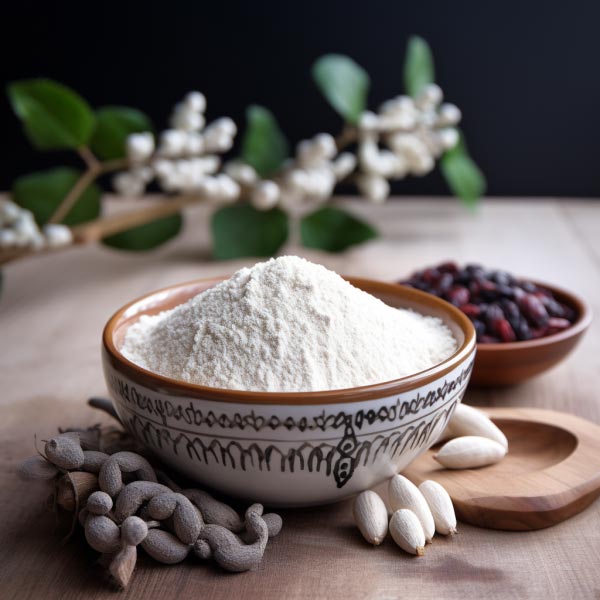

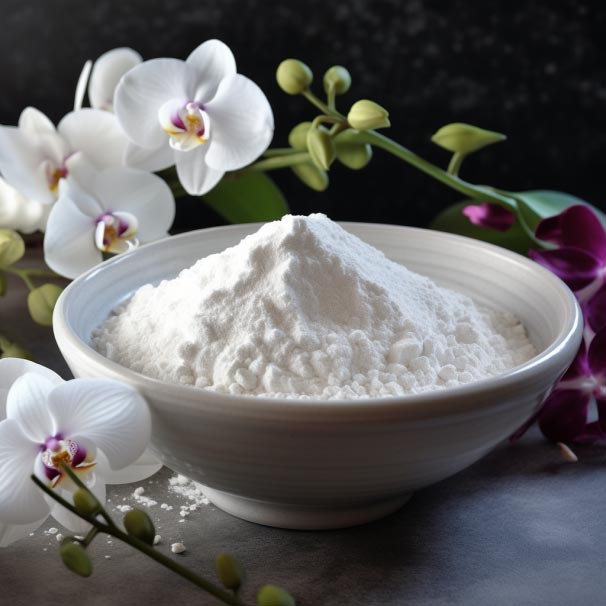
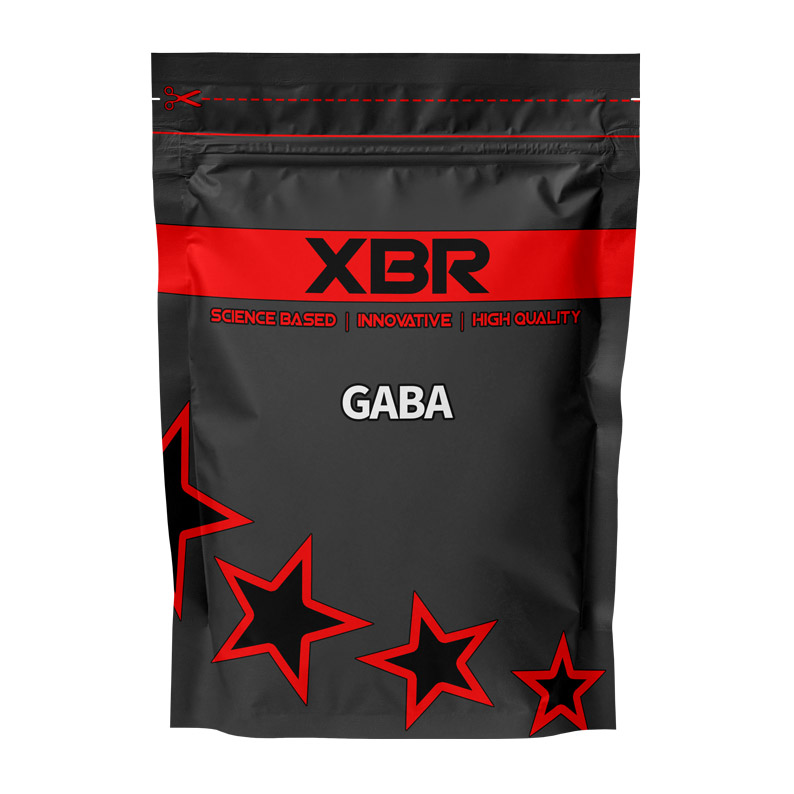
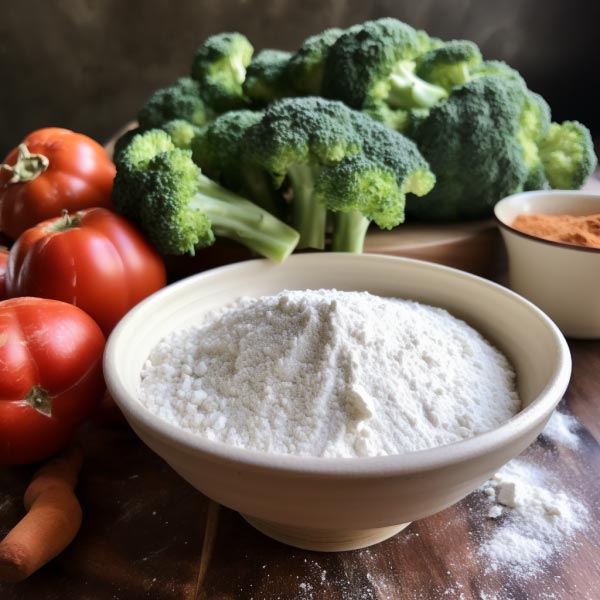


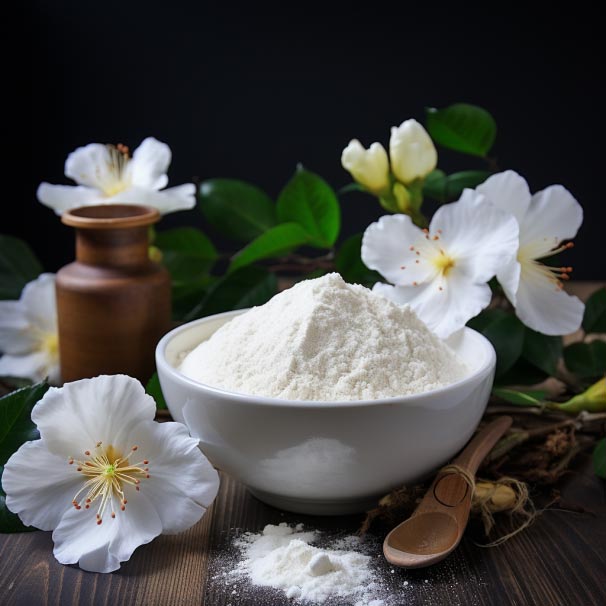
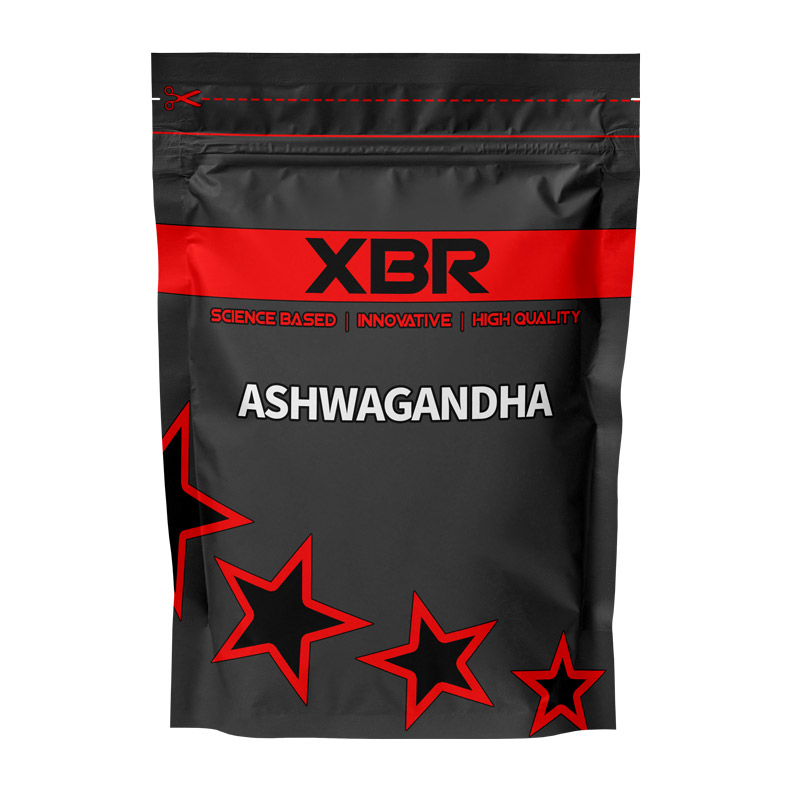
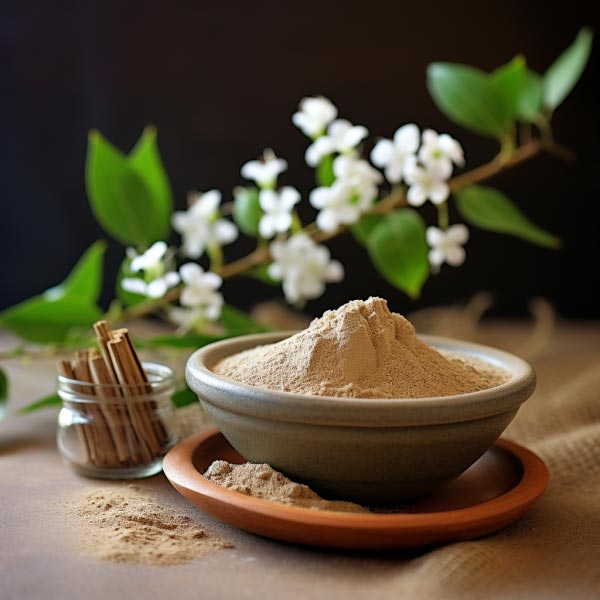
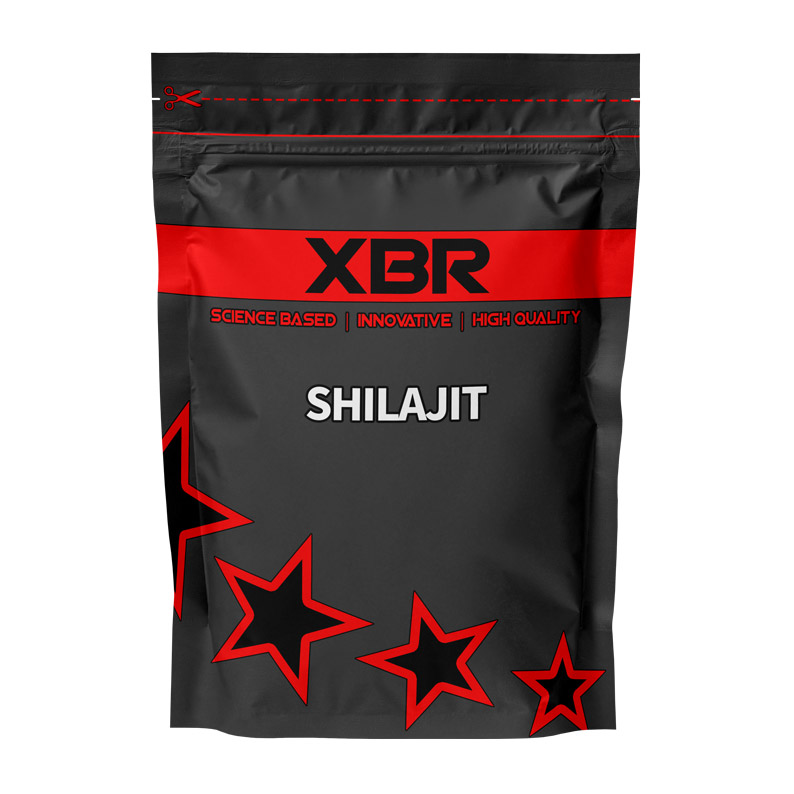
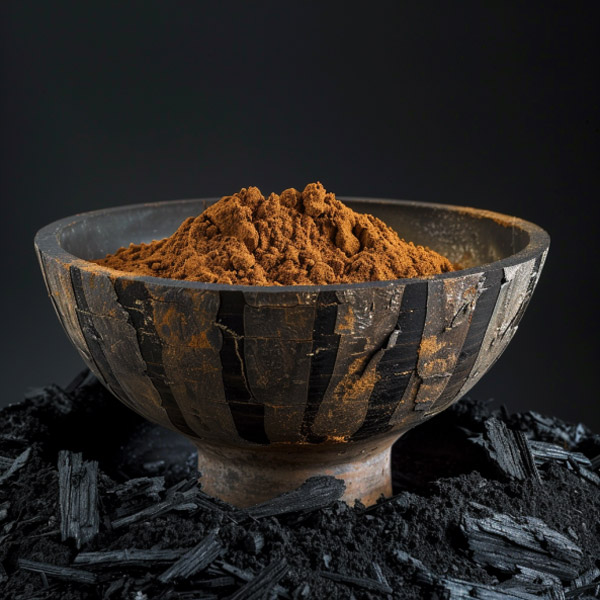

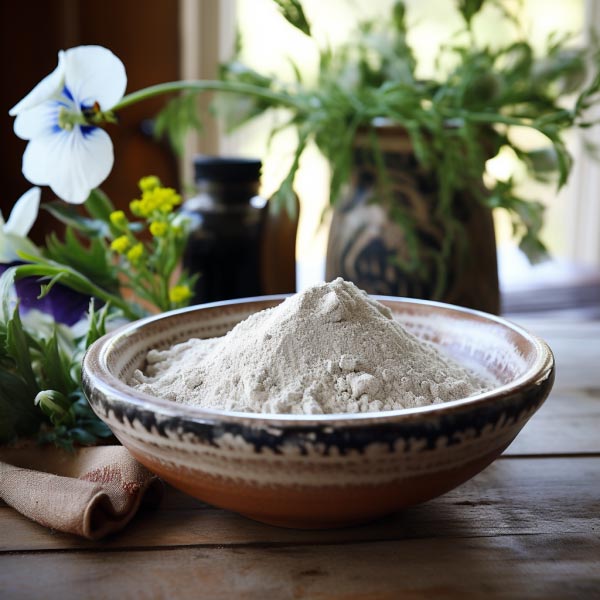
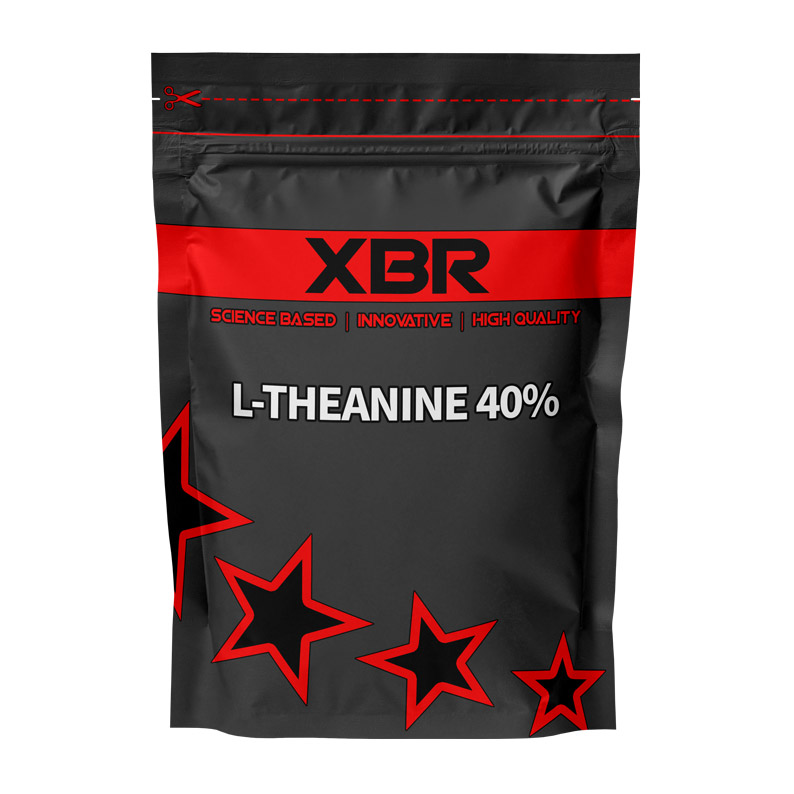
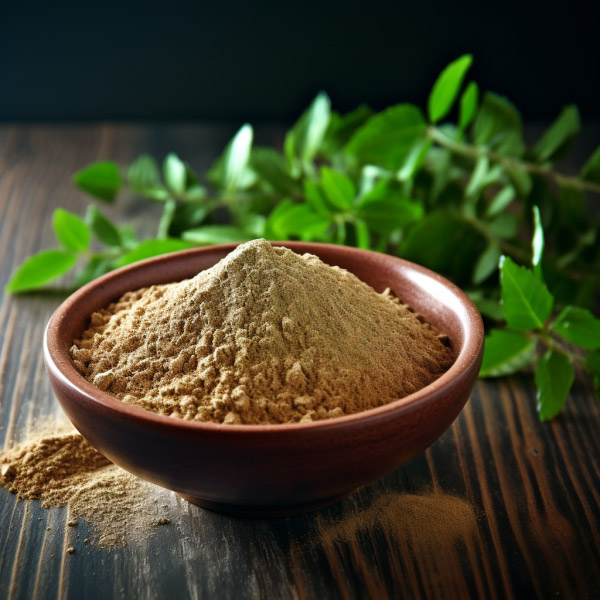
Milan Havelaar –
Na 2 dagen echt tevreden en snel binnen. Ik raad het aan voor en na het sporten anders voel ik niet veel het geef echt een geluksgevoel, als je krachttraining doet raad ik het aan!